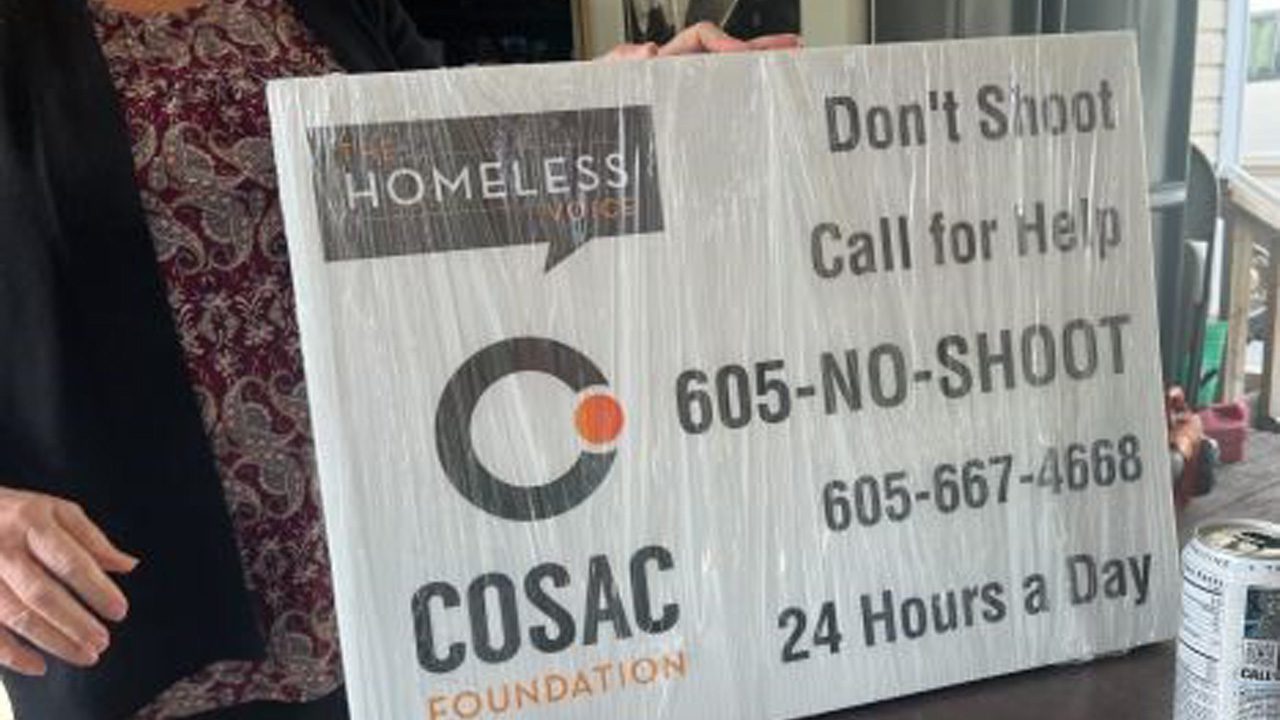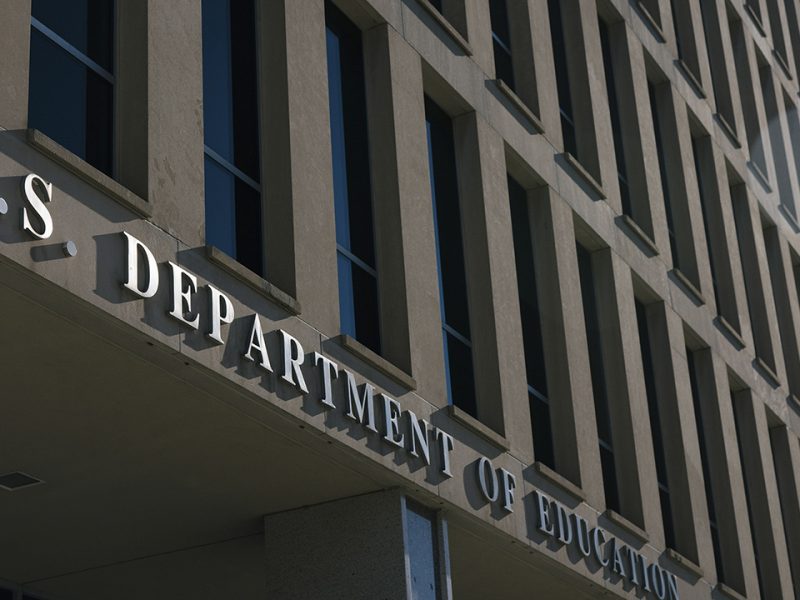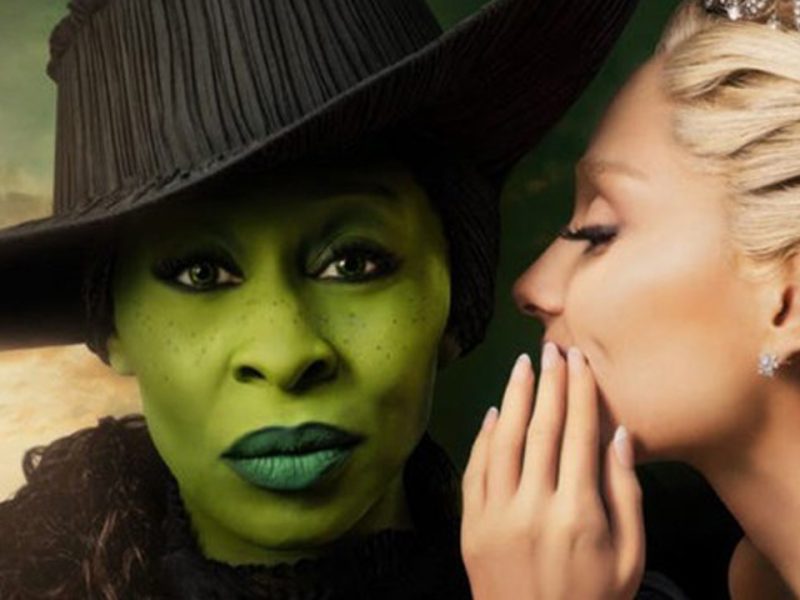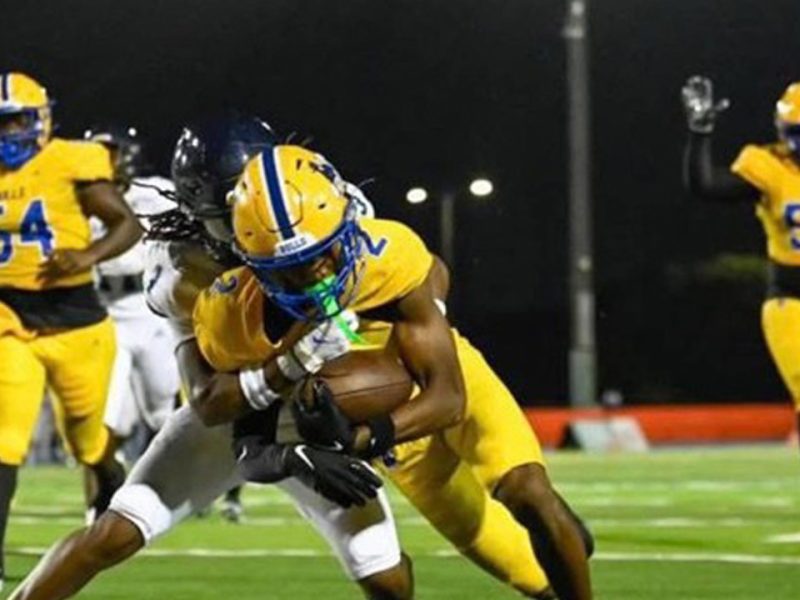
A new hotline is being created to try to stop mass shootings. Here’s the plan.
South Florida Sun Sentinel | By Scott Travis | January 15, 2024
A well-known South Florida homeless advocate is branching out into a new area, creating a hotline with the ambitious goal of trying to stop mass shootings.
Sean Cononie, who has opened homeless shelters in Broward and Polk counties, told the South Florida Sun Sentinel he hopes to use skills he has learned dealing with the mental-health challenges of his clients to try to help those who may want to commit violence.
Modeled after suicide-prevention hotlines, Cononie is launching a “mass shooting prevention call center” in his Davie estate.
The project will operate through his nonprofit agency called Coalition of Service and Charity Foundation. Cononie said he plans to self-fund the effort initially but volunteers and staff members in his organization are reaching out to seek potential funders.
He said he was heartbroken by the 2018 mass shooting at Marjory Stoneman Douglas High in Parkland and other tragedies at schools, places of worship, businesses and other locations. He said he wanted to come up with an idea that hasn’t been tried much.
“If people call for suicides, I think they’re going to call for this,” Cononie said, noting research that shows that mass killers also tend to be suicidal.
“Our hope is people will call, we can talk them out of it and get them help,” he said. “If we can help people get some dangerous guns out of their hands, four or five people a year, I’d be happy.”
Cononie said he plans to formally announce the project at a news conference and start taking calls on Thursday.
Those who call the hotline number (605-667-4668 or 605-NO-SHOOT) will be connected to an operator who can provide resources to help those in crisis, he said. He also has started a website, 605-no-shoot.org.
“First of all, if you are planning to do a mass shooting right now, stop and please let us talk to you. We are here to help you,” a recorded message says when someone calls. “We do record calls for training but you do not have to tell us who you are or what number you are calling from.

“Again, please let us help you before you make the biggest mistake of your life,” the recording says. “Press any key to be connected to someone who can try and help.”
Cononie said those manning the hotline will only be required to notify law enforcement if the caller identifies a specific target, such as a person or a venue.
He plans to promote the hotline on TikTok and other social media sites, as well as take out ads and submit public service announcements to local and national media.
“People love you. You just don’t see it,” Cononie says in one promotional spot. “Do you want someone to hurt someone you love? I’m sure the answer is no. We want to help you without judgment. You’re not an evil person. You just need a little help.”
Cononie is launching the effort with his friend Debbie Espinoza, a Cooper City parent who has been an active volunteer with the Broward school district.
Espinoza said as part of this effort, she has been researching common traits between mass killers.
“It seems that they’re not necessarily suffering from mental illness like long-term. It’s more that they’re in a crisis and they are triggered by an event, a specific event usually losing someone,” she said.
She noted that was the case with the Parkland killer whose mother died a few months before he killed 17 people.
“Nobody has been successful, and it’s heartbreaking. It’s horrifying, and if we can do something to stop it, it’s our civic responsibility to do something,” she said.
Some family members who lost loved ones in Parkland said they are interested in learning more.
“While I can’t comment on this specific organization, I support any initiative that would reduce or eliminate school (mass) shootings,” Broward School Board Chairwoman Lori Alhadeff, whose daughter Alyssa was killed at Parkland, said in a text.
Fellow board member Debbi Hixon lost her husband Chris, a coach and security monitor at Stoneman Douglas, during the mass shooting.
She said she’s glad to see new ideas, although she’s skeptical a hotline will have a significant impact.
“The likelihood that someone contemplating any kind of mass shooting, whether in a school or movie theater or a synagogue, I can’t image they would be inclined to call a hotline just prior,” she said.
Hixon said there’s a fear of being arrested that doesn’t exist for those considering suicide.
“But it can’t hurt. Anything is better than nothing, and I 100% appreciate someone trying to think outside the box,” she said. “Whatever we’ve been doing is clearly not working.”
Pinellas County Sheriff Bob Gualtieri has served as the chairman of the Marjory Stoneman Douglas Public Safety Commission, which assessed information from the Parkland shooting and other mass-violence incidents in Florida and brought recommendations and improvements. Asked if he saw value in the planned hotline, Gualtieri replied, “I really don’t. But … it also does not hurt anything.”
“People who commit mass shootings are on the pathway to violence because of a real or perceived significant grievance,” Gualtieri said. “They feel wronged in some way and that’s why they act. This is different than someone with suicidal ideations who feels helpless and is really ‘screaming’ for help.
“Someone on the pathway to violence is very unlikely to take themself off that pathway in the self-help setting. Again … I don’t see the value but don’t see any harm other than those who are not serious may use it to get attention, or there will be those who pretend to be someone and report as another person for spite, etc.”
The proposal may be less controversial than one of Cononie’s other major passions — helping the homeless. His operation of homeless shelters has put him at odds with government officials.
In 2015, the city of Hollywood paid him $4.8 million for a shelter, seven homes and two time shares he owned. That payment included $2.3 million for Cononie agreeing to stay out of Hollywood for 30 years.
“I’ve always been an out-of-the-box thinker,” he said. “When I opened up a shelter, I basically did it overnight. That’s why I got in so much trouble with zoning and had to spend a half-million dollars in legal fees.”
He said he and Espinoza have only been working on the hotline idea for less than two months.
“I’ve been thinking for the past year there’s got to be some other way” to reduce mass shootings, he said. “Then I’m like, I want to do this, we need to do this, so let’s do it.”





